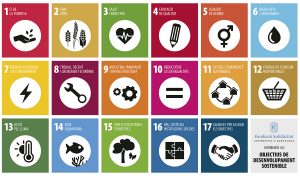The initiative is organized by the European Observatory of Memories (EUROM) at the UB Solidarity Foundation, the Youth Institute (INJUVE), and the ‘Spain in Freedom. 50 years’ Commission.
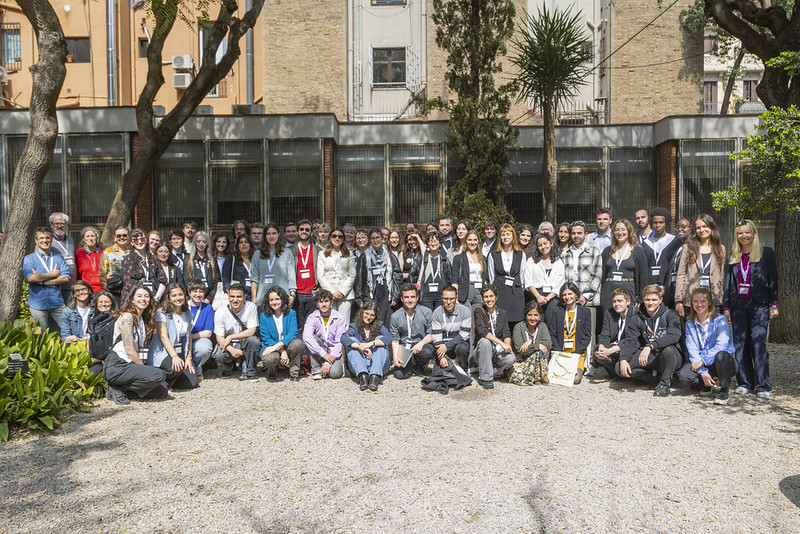
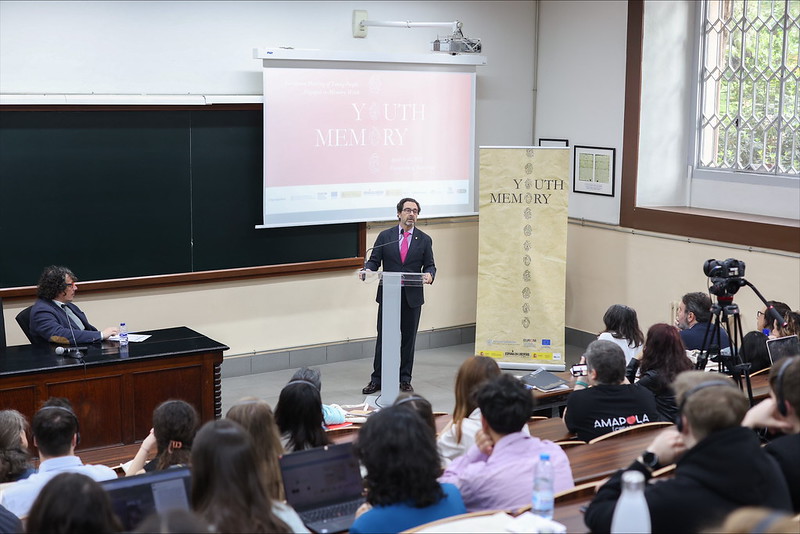
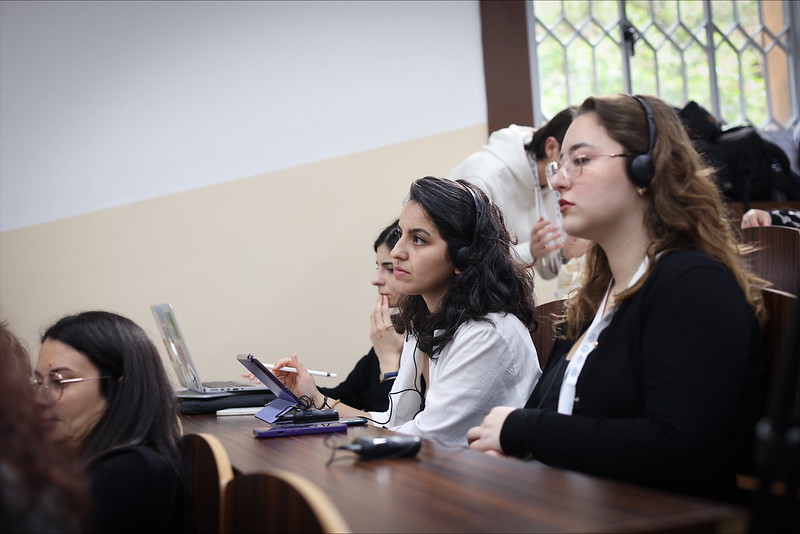
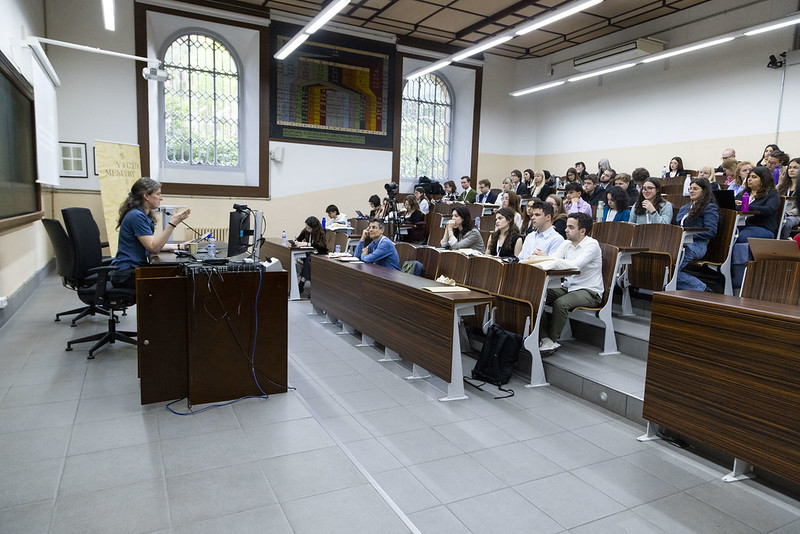
The University of Barcelona is hosting the international meeting Youth and Memory Engagement, which brings together around fifty young people committed to democratic memory from 19 countries. The initiative, organized by the European Observatory of Memories (EUROM) at the UB Solidarity Foundation, the Youth Institute (INJUVE), and the Spain in Freedom. 50 years Commission, aims to strengthen transnational youth networks and promote a culture of shared memories across Europe.
Over the course of two days, participants will exchange experiences, best practices, and strategies to advance memory processes from civil society, the educational field, and public administrations, thereby reinforcing the role of youth in defending human rights and social justice.
Jordi Guixé, director of EUROM, emphasized that “interinstitutional collaborations and transnational networking are the foundation for more democratic societies. This event demonstrates that young people are ready to use memory as a tool to transform the present and build a fairer future.”
The opening session featured representatives from the institutions that made the event possible, showcasing their commitment to democratic memory and youth participation.
From the Barcelona City Council, Raquel Gil, Councilor for Feminism, Equality, and Democratic Memory, highlighted that “without co-creation with new generations, building a more just and equal world will be very difficult.”
Carmina Gustrán Loscos, Commissioner of Spain in Freedom. 50 years, emphasized that this is a year of knowledge, memory, analysis, and shared celebration. “We want to reflect collectively on what kind of democracy we want to build because memory and rights are not national issues. All countries have difficult pasts, and we can only move forward by acknowledging them, comparing them, and sharing how they have been managed.”
Rubén Pérez Correa, Secretary of State for Youth and Childhood from the central government, affirmed that “memory is a right and an active exercise of justice. We must provide young people with resources and spaces like this one so they can reconstruct past narratives in the face of fake news and revisionism.”
Joan Guàrdia, rector of the University of Barcelona, concluded the opening with a reflection: “Memory is an indicator of collective health; we must protect it with the same determination with which we defend freedom. No one should take away our ability to remember and decide what future we want to build.”
The keynote lecture was delivered by Marije Hristova, a researcher at the Spanish National Research Council (CSIC), who, under the title Memory Matters: Activism, Communities, Politics, discussed the risks of instrumentalizing memory by exclusionary nationalisms and shared community tools to counteract these narratives. Her analysis was based on research on forensic exhumations in Spain and Poland.
The first day’s sessions began with interventions from youth delegations from the Secretary of State for Democratic Memory, Ruta al Exilio, the Navarra Institute of Memory, and the Nova University of Lisbon. Throughout the day, participants from all 19 delegations will share their experiences and approaches to democratic memory from various national, regional, and local contexts.
The second and final day of the event will focus on interactive workshops and practical activities, including a tour exploring the colonial memories of Barcelona. This activity aims to promote critical reflection on the traces of the colonial past in the city and create a comparative analysis space with the colonial memories of the participants’ countries. The day will culminate in participatory dynamics focused on collectively developing new strategies and forms of future-oriented collaboration networks.
This news is related to the following SDG of 2030 Agenda:







